
OR
#OPINION
Prachanda's Alliance-Hopping, a Quest for Power
Published On: March 12, 2024 08:30 AM NPT By: Loknath Sangroula
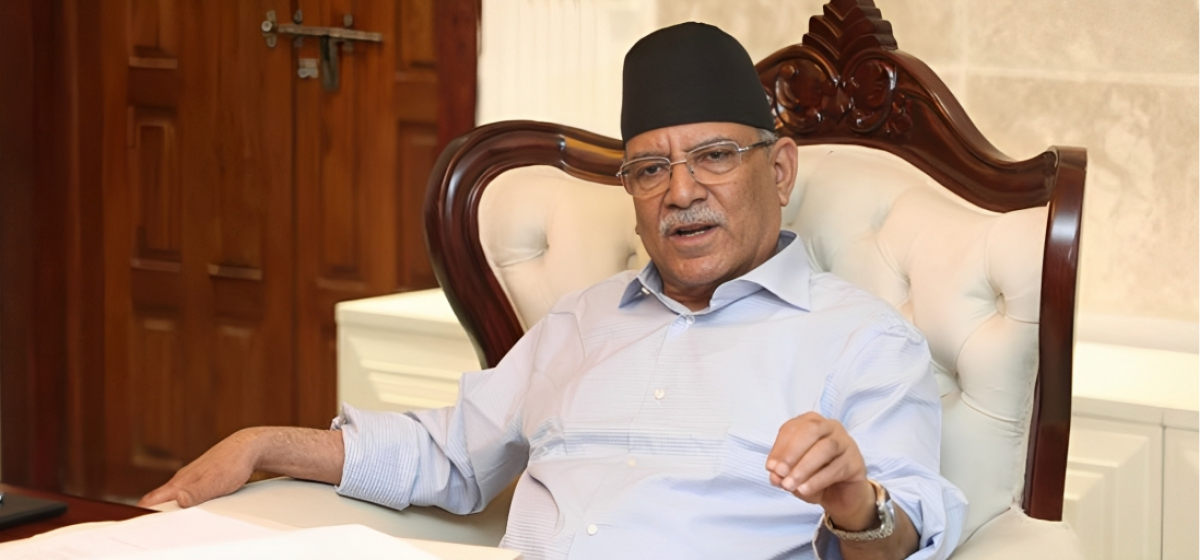
The nation is currently grappling with a rampant epidemic of extreme opportunism.
For those who choose to see life's tapestry woven only with the threads of power and success, Prachanda might seem like a role model or stand as a beacon of hope. However, in the eyes of those who believe that beyond power also lie the realms of principled politics, morality, self-respect, and dignity, he undeniably appears as an opportunist of the highest order.
In the dynamic realm of politics, alliances are often fleeting, and the adage "there are no permanent friends or foes" holds true. Prime Minister Pushpa Kamal Dahal, otherwise known by the sobriquet Prachanda (fiery), embodies this ethos to the core, and has now begun to be dubbed 'Palturam' (weathercock or turncoat) for his propensity to switch sides. True to form, the Maoist leader has once again demonstrated his uncanny ability to realign his political allegiance.
Prachanda, the Maoist supremo, is known for his remarkable knack for justifying his moves no matter how unpalatable they may seem to his opponents. Recently, he formed a 22-member Council of Ministers, with three members initially inducted on March 4. Prachanda has deftly played his cards and chosen partners to his suitability and comfortability. Everyone knows that he is no stranger to flip-flopping or switching sides – he has jumped alliances multiple times over the past decade. His political survival skill not only keeps Prachanda afloat but also persuades leaders from various factions to align with him. His third switch within 14 months has drawn criticism from the Congress, with its chief stating, "Prachanda is a betrayer". Prachanda's stunning volte-face has caught the Congress off guard, leaving them reeling. His pattern of frequently shifting loyalties has further tarnished his already controversial image. It remains to be seen how the people will react to his frequent political somersaults and opportunism. Prachanda has set a record of sorts, rivalling Kamal Thapa of RPP-Nepal, if not surpassing him, in this regard.
Prachanda seems to be taking a page out of Bihar Chief Minister Nitish Kumar's playbook. Following Mr. Kumar's second dramatic flip-flop last January in less than 18 months, where he swiftly switched alliances, resigned as the chief minister, left the Mahagathabandhan government, rejoined the NDA, and reclaimed the chief minister's chair for a record-breaking ninth time, one wonders if Prachanda is preparing for his own whirlwind performance on the political stage. Mr. Kumar, at 72, appears to be a role model for Prachanda, who is a couple of years younger.
But, why did Prachanda bail on the first coalition for a new one, barely after a year? According to the reports all over newspapers, even amidst questions about the then Finance Minister Prakash Sharan Mahat's performance and allegations of corruption against Mohan Bahadur Basnet, Deuba hesitated to reshuffle the cabinet by removing them. The Maoist party was caught off guard when Shekhar Koirala's crew sneaked off and teamed up with the UML to elect the Congress's chief minister, contrary to the agreed decision to share power with the Maoist Center. Despite the Congress and the Maoist party teaming up, in the National Assembly member elections, only Krishna Prasad Sitaula of the Congress won, while Champa Devi Karki of the Maoist party lost, highlighting internal coalition dynamics. Party Vice President Purna Bahadur Khadka's reference to "the unnecessary 10-year-old Maoist caused damage to economic development" in his policy document, which was poorly received by the party. A proposal vehemently advocated by General Secretary Gagan Thapa "not to form a pre-poll alliance in the upcoming elections" was viewed by the Maoist party as a sign of a weakened coalition, prompting them to consider abandoning the coalition rather than regretting it later. It seems that these factors contributed to pulling down the government. Additionally, the question of whether the National Assembly chair would be from the Congress or the Maoist party further fueled these developments, setting the stage for Prachanda to change his allegiance.
These developments were drawing the UML and Maoists together while driving a wedge between the Maoists and the Congress. However, the events of March 3 at the Law Committee, concerning the TRC Bill, which was nearly ready for presentation at the full House of Representatives, reportedly dealt a fatal blow. Prime Minister Dahal had reportedly persuaded UML Chair Oli to support the Bill well before the National Assembly chair election. Even the UML had pledged support in passing the Bill. Yet, Law Minister Dhana Raj Gurung unexpectedly hesitated, opting to consult with the prime minister first. This sudden change rattled the Maoist party to its core, sending shockwaves through its ranks and sparking fears of betrayal. It prompted the Maoists to feel they were being cornered. This unforeseen turn of events accelerated the formation of the new coalition much sooner than anticipated.
No doubt about it, the country is currently in a sorry state. The whole idea of transparency and good governance is just a joke; prices are through the roof, and imported stuff has flooded the market, accelerating domestic de-industrialization. We are drowning in debt. And, when those micro-finance victims stormed parliament, it showed just how bad our security system has gotten. The failure to resolve the problem of "meterbyaj" – a term colloquially used to denote the exorbitant interest rates charged by loan sharks – whose victims are currently in Kathmandu seeking justice, signifies a total failure of governance. And, democracy? Well, it's more like a way for the big shots to get richer, while the country becomes a gold smuggling haven. This coalition? It looks like they are just in for the power trip, abusing their position.
With these developments in place, Deuba once again finds himself nursing his wounds, as his aspirations for a sixth term as prime minister, as foretold by soothsayers, have been dashed, at least for now. The fact that Chanakyas of the Maoist Center and the UML, Barshaman Pun and Bishnu Prasad Paudel respectively, were engaged in secretive talks for two months or so without the Congress party's awareness serves as a stark reminder of the party's weak intelligence network.
With just 32 seats in parliament, Prachanda has wielded influence akin to a tail wagging the dog. Regrettably, he champions jumping alliances and shifting loyalties as revolutionary, proudly labeling it as Kramabhanga—the disruption of settled order or sequence—aimed at further energizing the party. However, dissenting voices within the party warn that this constant alliance-hopping has already tarnished its image and will only alienate it further from the people. We cannot advance by merely manipulating alliances to cling to power; a more principled approach is needed. Such acts of alliance-jumping at the center will breed instability and political uncertainty, jeopardizing the country's development, which should take precedence above all else. This ripple effect will extend to the provinces, triggering demands for changes in provincial governments. Ultimately, this could precipitate a constitutional crisis as new governments struggle to form.
The nation is currently grappling with a rampant epidemic of extreme opportunism. The trend's impact on the country and its people remains uncertain, marked by unpredictability and fluidity. For those who choose to see life's tapestry woven only with the threads of power and success, Prachanda might seem like a role model or stand as a beacon of hope. However, in the eyes of those who believe that beyond power also lie the realms of principled politics, morality, self-respect, and dignity, he undeniably appears as an opportunist of the highest order. And, remember, this, far from exclusively applying to Prachanda, encompasses leaders of all colors and stripes. In his ever-resonant short book, The Prince, Machiavelli advises a 16th century Italian ruler to set aside his ideals in ruling and instead pursue a path of power aggregation by any means, asserting that politics have no relation to morals. Prachanda appears to follow a similar ethos!
In advocating for a 'concrete analysis of a concrete situation,' Prachanda asserts that moving both to the right and left could be the correct course. He asks rhetorically, 'Would the path continue on the left road if it veers left, and on the right road if it leans right? Should this need to happen? Is this Marxism? No.' He argues that the correct direction can be either left or right, depending on the specific circumstances and a thorough understanding thereof. Regrettably, he distorts the essence of Marxism by using it to justify his frequent switches in alliances to gain and stay in power. Further, he boldly declares, "This is who I am, take it or leave it. The country's in for a wild ride as long as I'm around." How unfortunate for the people!
In light of these uncertainties, Is there any hope this coalition will get anything done? Will it last till the 2027 elections? What about those caught up or likely to be caught up in corruption scandals - will they face the music? Can we expect any improvements in accountability? Well, it's all up in the air! Almost as soon as they joined forces, the main opposition party Congress and others have started plotting to bring it down. Nepal's political scene is fueled by animosity and a thirst for payback. Being at the helm of the Home Ministry, Rabi Lamichhane seems untouchable. But he's putting on a show of cracking down on corruption elsewhere. The UML, the key player in the coalition, doesn't seem too confident about its survival, given its weak representation in the government. When the UML's Chanakya, Paudel, mentioned in a party meeting that "India isn't exactly thrilled about the new coalition," he was hinting at geopolitics. Will Prachanda continue to be "the right horse to back," or will he be pushed "into the stable"? Only time will tell!
You May Like This
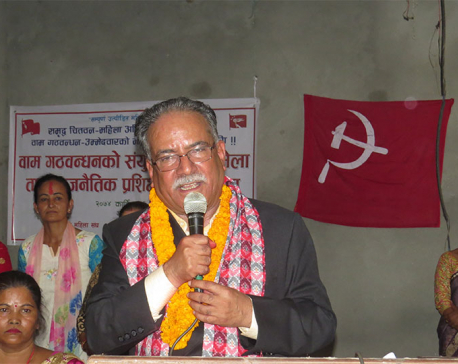
Dahal wooes voters with 'Prachanda Housing' and 'Prachanda Employment'
CHITWAN, Nov 15: CPN (Maoist Center) Charman Pushpa Kamal Dahal has vowed to provide houses to landless squatters and employments... Read More...
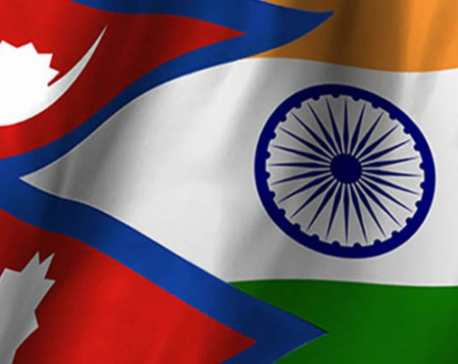
India eager to work with new government in Nepal: MEA
KATHMANDU, Dec 29: India has expressed eagerness to work together with the newly-formed government led by Pushpa Kamal Dahal in... Read More...
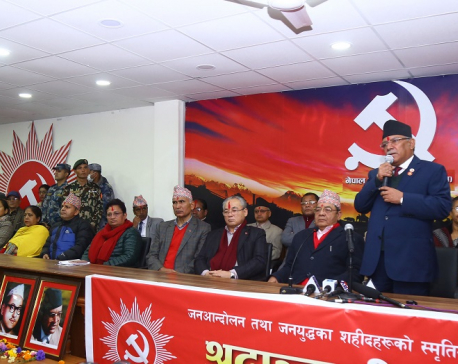
Imitating 'People's War' for revolution is beyond possibility, says Dahal
KATHMANDU, Feb 13: Chairperson of the ruling Nepal Communist Party (NCP) Pushpa Kamal Dahal on Thursday said that the things... Read More...

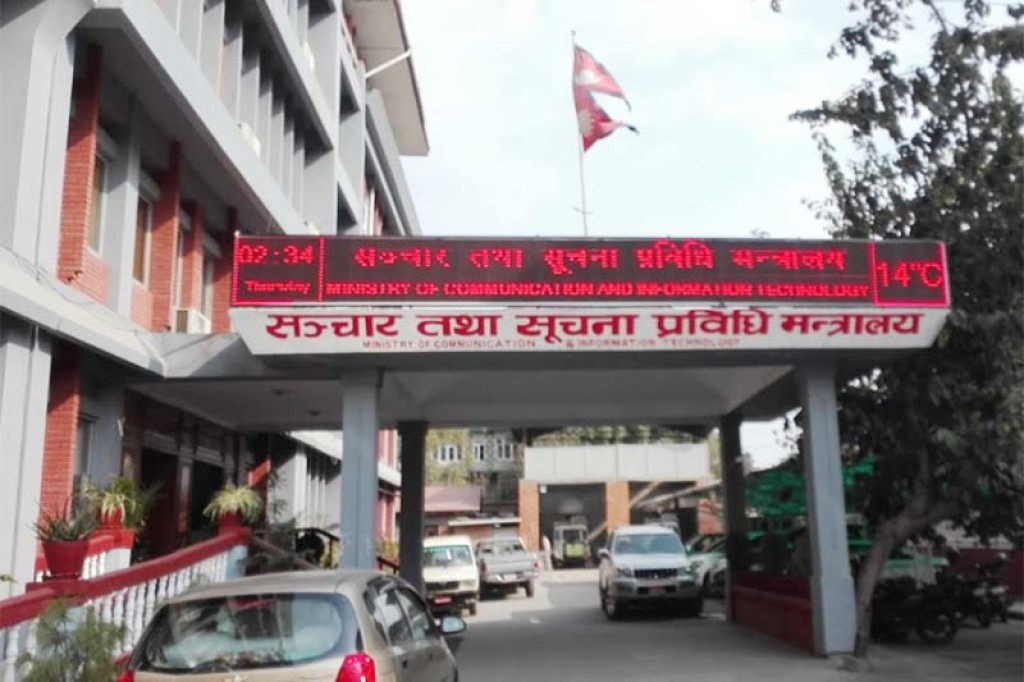
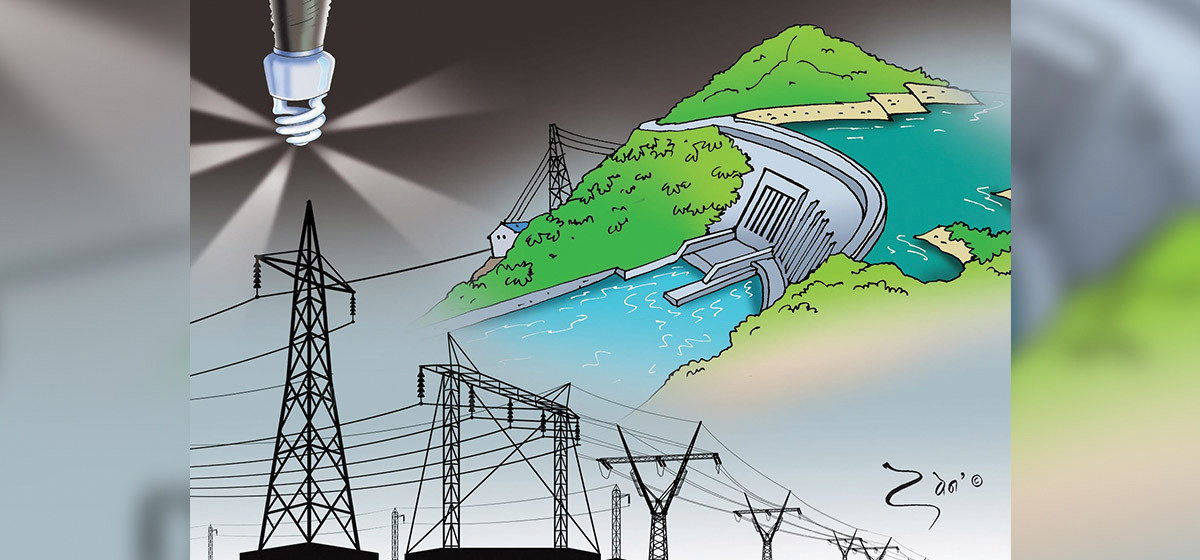

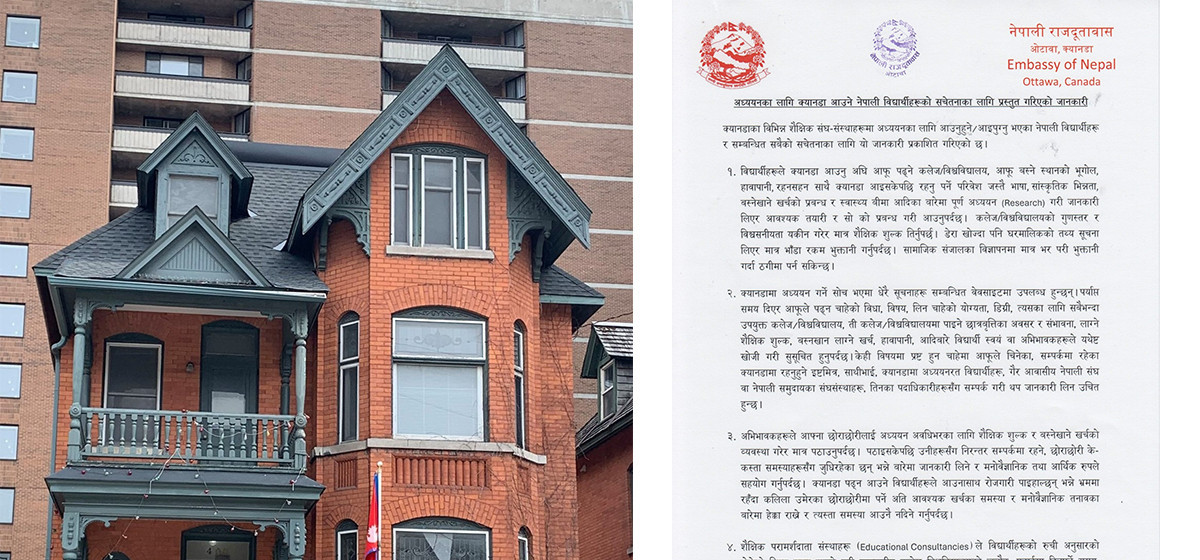


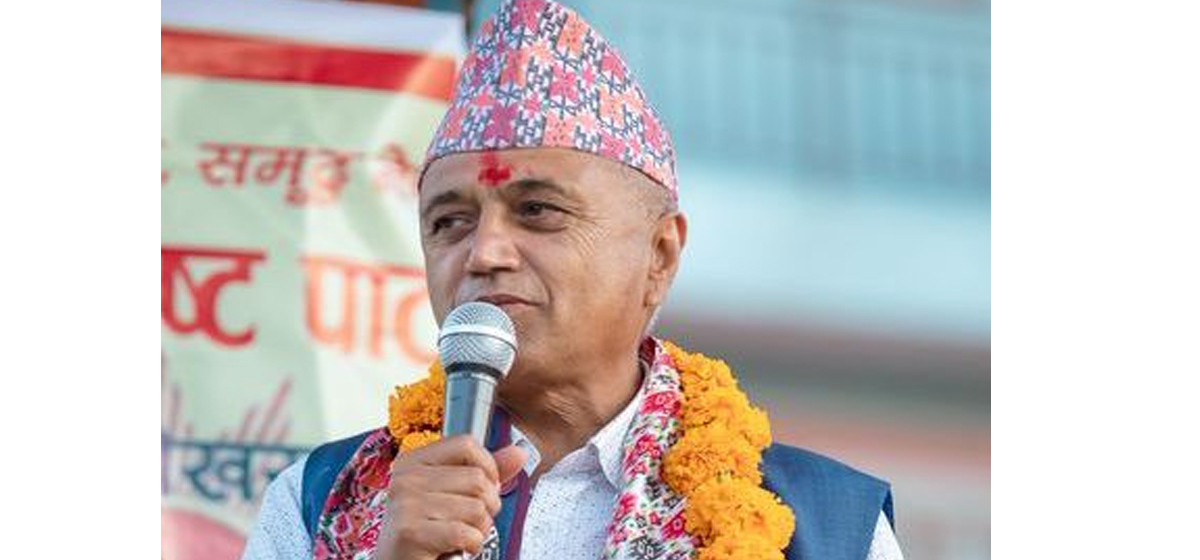
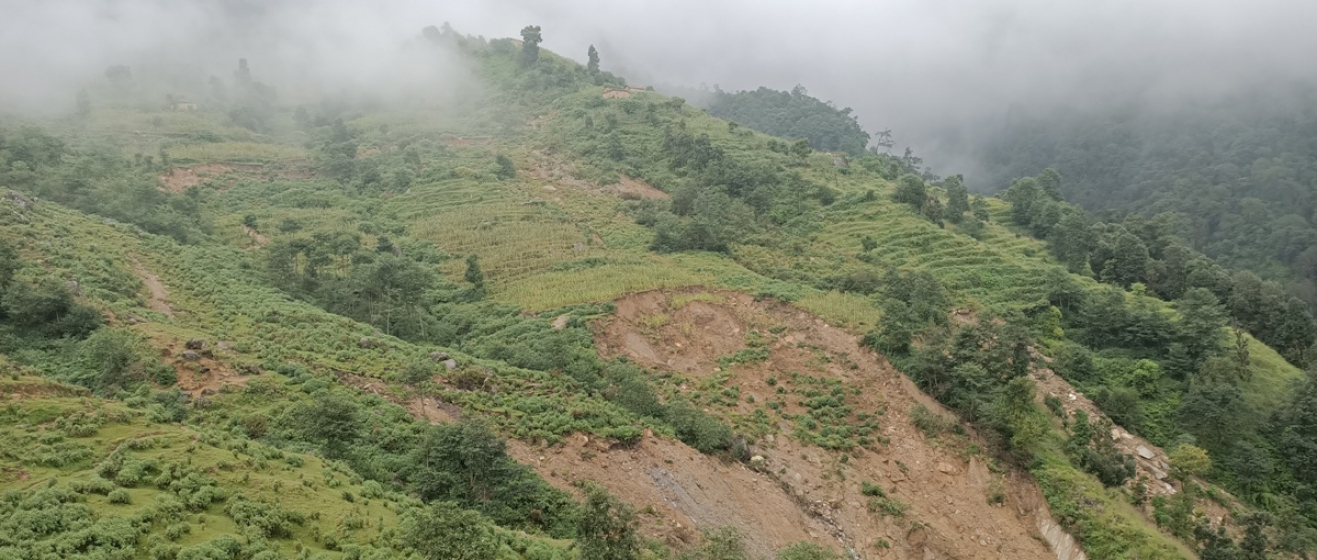

Just In
- Bharatpur metropolis urges businessmen to stop mixing wastewater in sewers
- Gandaki CM to seek trust vote on May 5
- Two arrested on the charge of swindling 219 people out of Rs 26.8 million on the pretext of sending them to Japan
- Kathmandu's pollution at hazardous level, tops chart of world’s most polluted cities
- Nepali Embassy in Washington sends centuries-old 24 idols back to Nepal
- 2568th Buddha Jayanti Main Celebration Committee formed
- Kanti Highway closed due to rockslide
- Gold price decreases by Rs 1,100 per tola





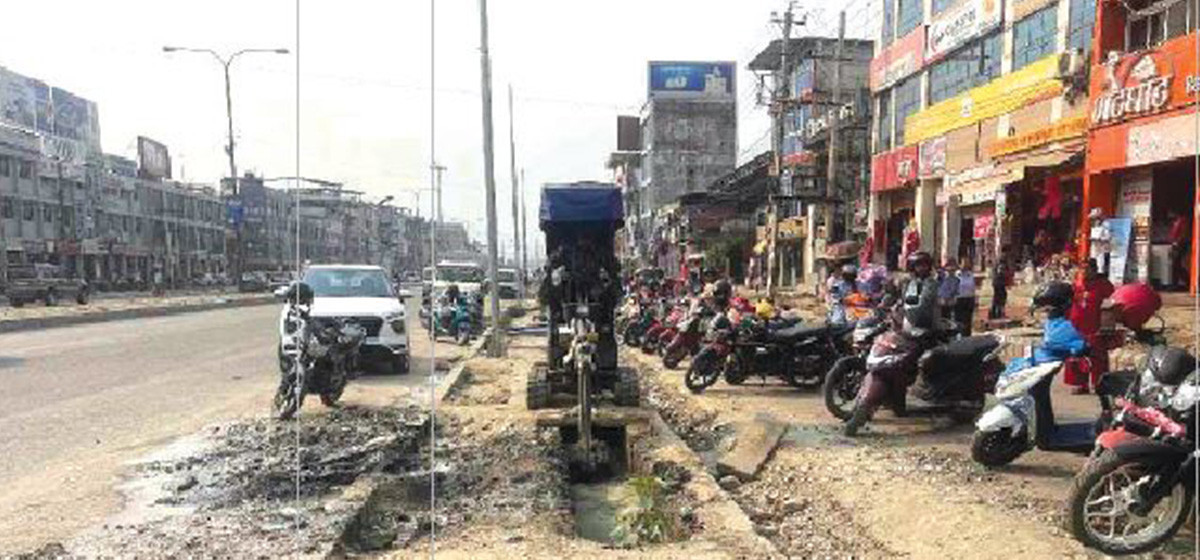

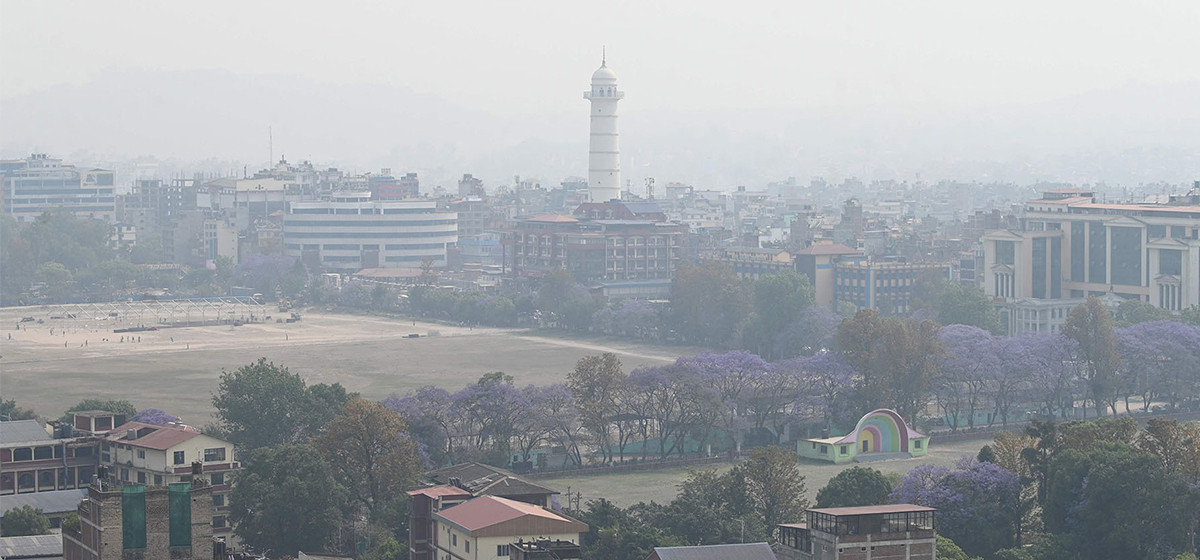
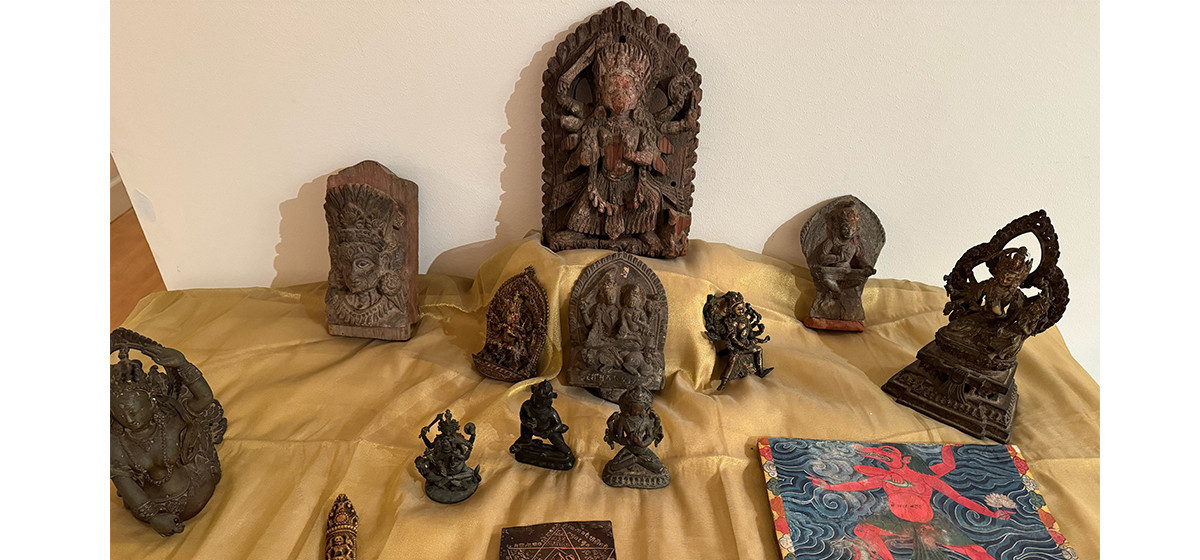
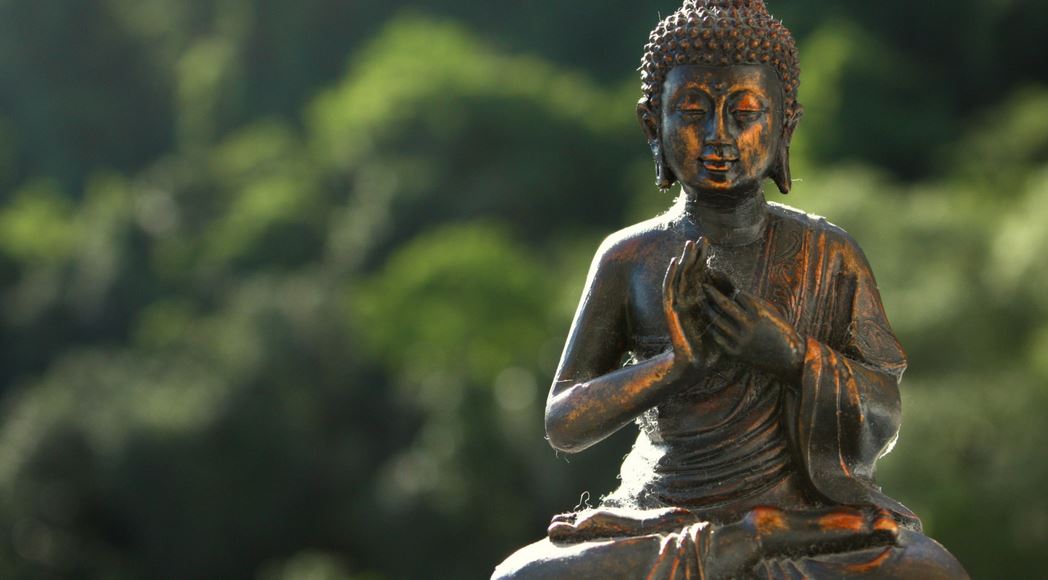
Leave A Comment